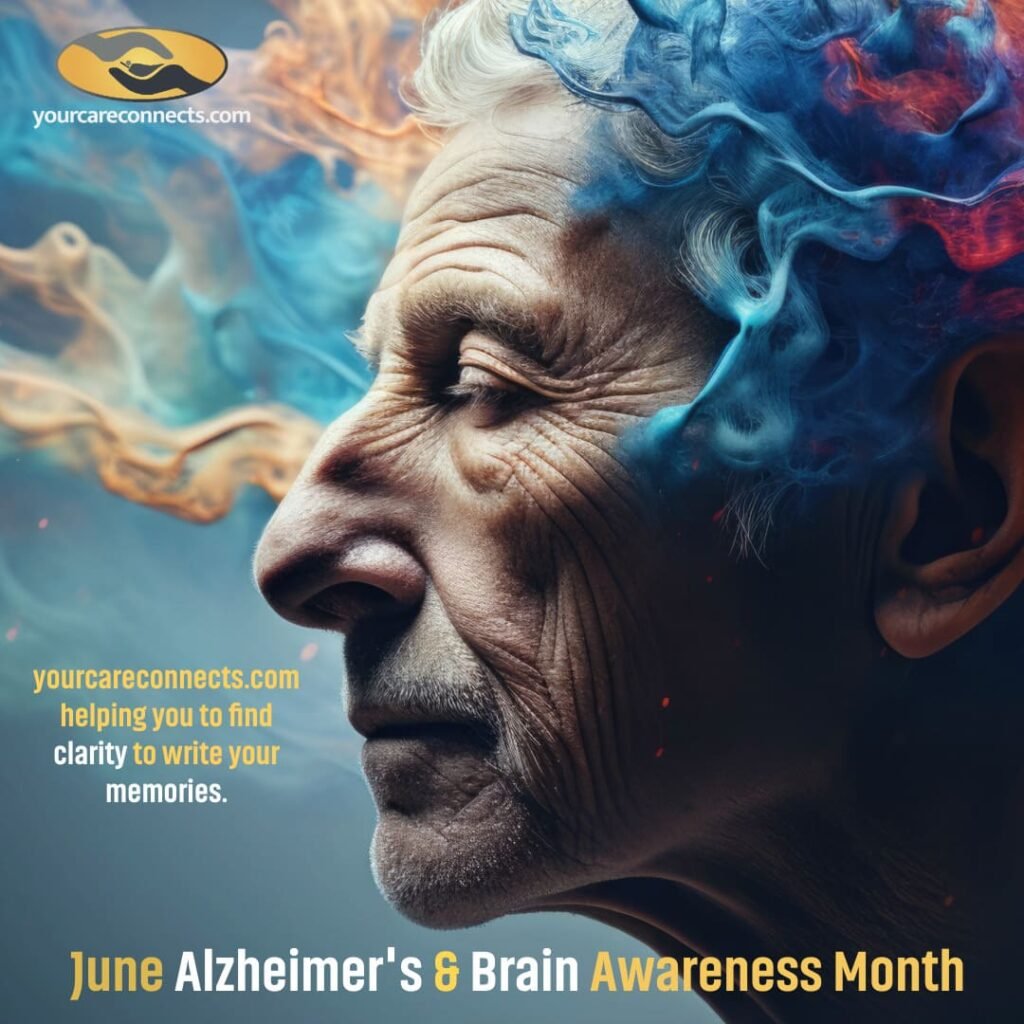

June is Alzheimer’s and Brain Awareness Month, a crucial time to spread awareness about Alzheimer’s disease and other dementias. This month provides an opportunity for communities to come together, educate themselves, and support those affected by these conditions.
Alzheimer’s disease is a progressive brain disorder that leads to memory loss, cognitive decline, and behavioral changes. It is the most common form of dementia, impacting millions of people worldwide. Understanding the basics of Alzheimer’s is the first step in building a supportive and informed community.
Raising awareness about Alzheimer’s and brain health is essential for several reasons:
Communities can play a significant role in supporting Alzheimer’s and Brain Awareness Month through various activities and initiatives:
While there is currently no cure for Alzheimer’s, certain lifestyle changes can help maintain brain health and potentially reduce the risk of cognitive decline:
Alzheimer’s and Brain Awareness Month is a time for communities to come together, educate themselves, and support those affected by Alzheimer’s and other dementias. By raising awareness, promoting brain health, and supporting caregivers, we can make a meaningful impact in the fight against Alzheimer’s disease. Join us this June in spreading the word and making a difference in the lives of millions.
Now you will be able to advertise and publicize your services or products through us.
Be part of the premium providers.